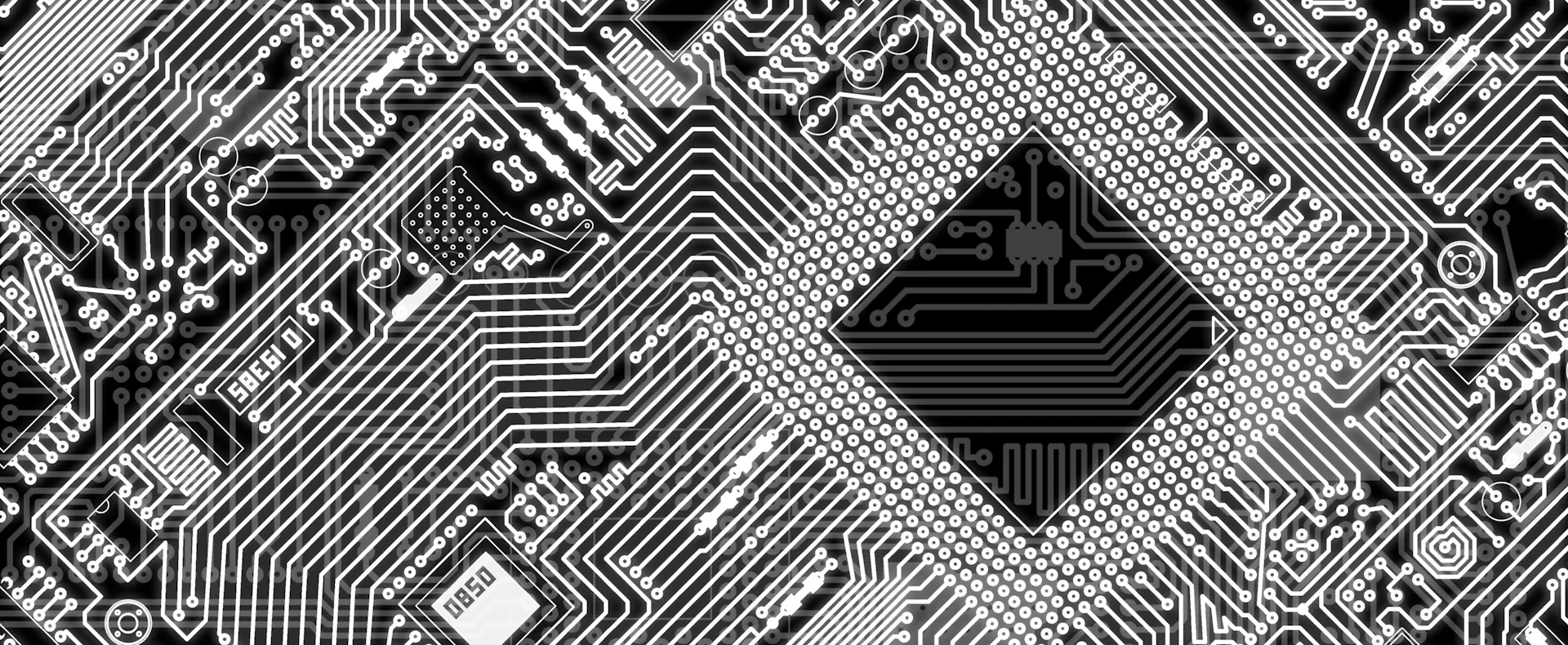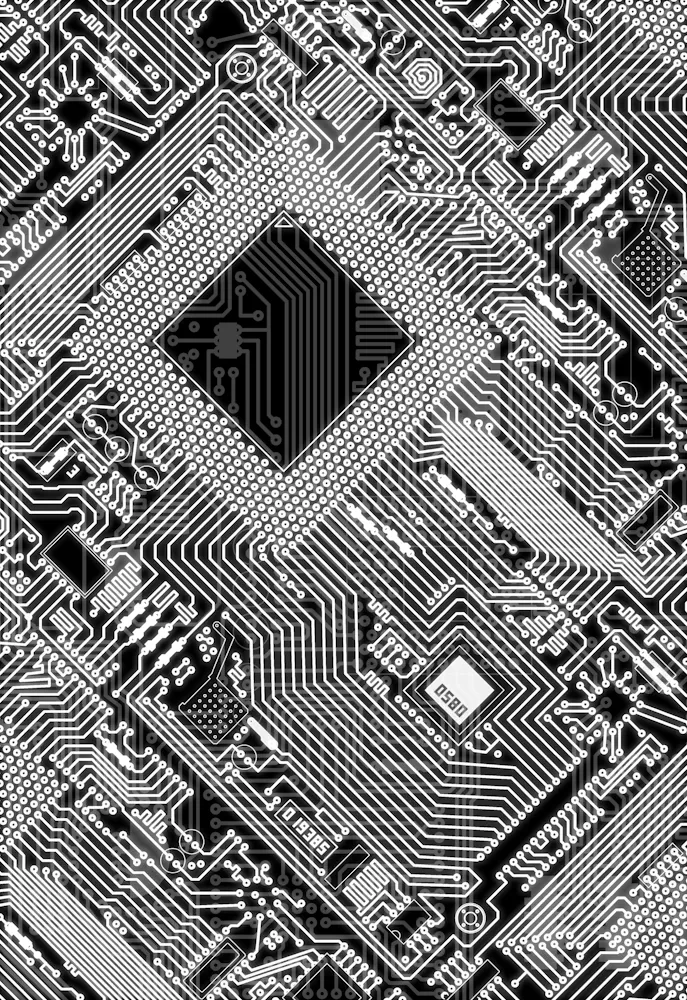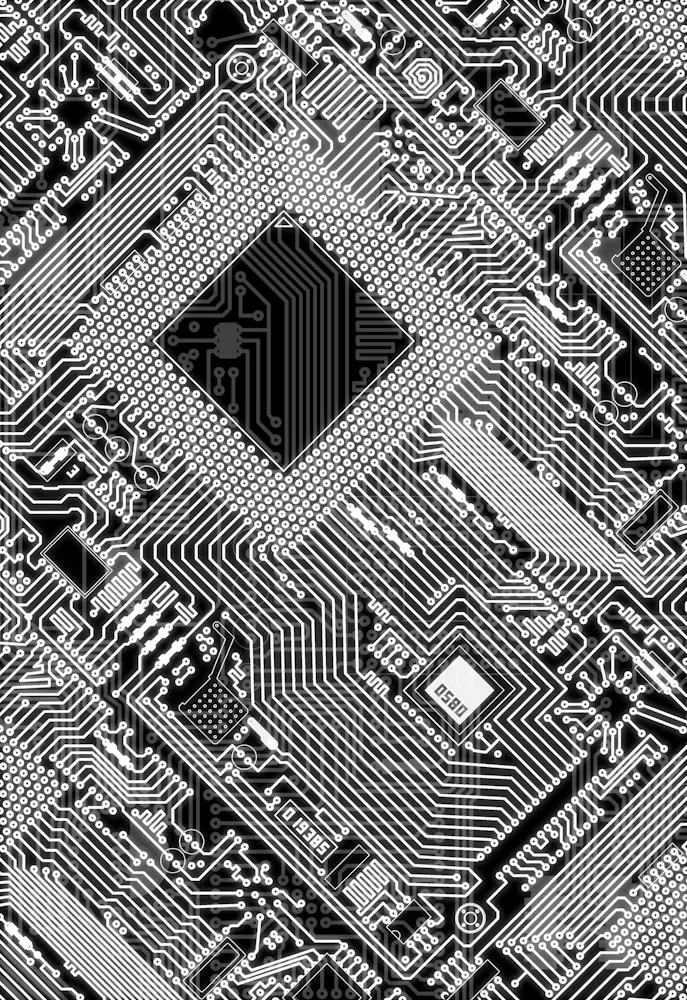
General Data Protection Regulation
“The right to be let alone – the most comprehensive of rights and
the right most valued by civilized men.”

ePrivacy
“The right to be let alone – the most comprehensive of rights and
the right most valued by civilized men.”

Law Enforcement Directive
“The right to be let alone – the most comprehensive of rights and
the right most valued by civilized men.”

Artificial Intelligence Act
“The right to be let alone – the most comprehensive of rights and
the right most valued by civilized men.”

General Data Protection Regulation
“The right to be let alone – the most
comprehensive of rights and
the right most valued by civilized men.”

ePrivacy
“The right to be let alone – the most
comprehensive of rights and
the right most valued by civilized men.”

Law Enforcement Directive
“The right to be let alone – the most
comprehensive of rights and
the right most valued by civilized men.”

Artificial Intelligence Act
“The right to be let alone – the most
comprehensive of rights and
the right most valued by civilized men.”







